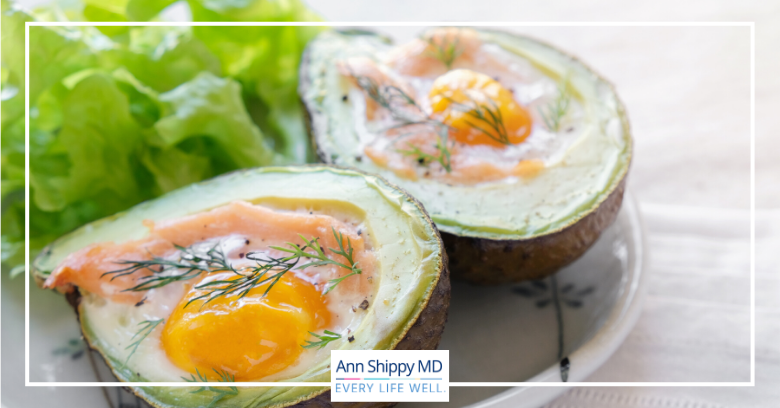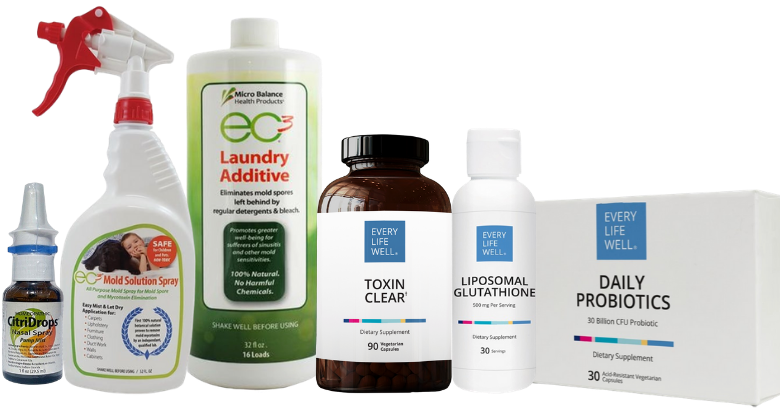There are some significant benefits to eating a Paleo diet or even a keto diet. However, what I find is that a lot of people are misguided in how they’re implementing it, and it can actually be harmful for their health.
So, with the keto diet, really what we want to do with that, is be able to both burn carbohydrates and burn fat. So it’s basically having a hybrid engine.
With the paleo diet, what we want to do is be eating the foods that help our genes to express themselves in the best way possible. So what happens a lot of times is that people aren’t getting the right proportion of foods, and then that’s doing harm in their bodies.
Paleo Mistake #1: Not Measuring Results
There is a way that you can tell if the way that you’re implementing these dietary changes are beneficial or optimal for your health, and that’s with some extensive laboratory testing. Some of the lab testing you can do through a traditional lab in your city, and then some have to be sent off for special testing, but some labs can do that and then some are even more special that you need a test kit and send it to a particular lab or two. This is near and dear to my heart because this week I had a patient whose cholesterol readings looked like they were perfect, like the ones that you probably do on, with your annual physical. He had a heart attack in his 30’s and then had just had one again at 42 and really severe blockage that caused him to have to have open heart surgery, and here he had been thinking his cholesterol was just fine. So the problem is, a lot of the foods that we eat can cause the distribution of the more detailed cholesterol molecules to be in a harmful way. So what I like to do with patients is, run an experiment. It takes about a month for those numbers to change, and then in a month we can see by making a particular change in their diet, are we moving the needle on having a healthier cholesterol profile, as well as some of the inflammatory markers that are really good indication of how the diet is working. So, we can see for that particular patient what is their optimal diet.
Paleo Mistake #2: Not Eating Enough Vegetables
So, one of the mistakes that I see happening with either keto or with paleo is that people aren’t eating enough vegetables. That moves the needle so much with these lab tests. By adding in more of the really healthy vegetables, not just the corn and peas, but the broccoli, cauliflower, cabbage, kale, asparagus, squash. That though eating lots of those vegetables really helped the inflammatory markers and the cholesterol markers and the blood sugar markers to be better.
Paleo Mistake #3: Eating Too Much Meat or Fat
Then sometimes, people are eating too much of things, like eating too much meat, or too much fat. Especially with the keto, they’re really pushing their bodies to be able to handle a lot more fat than what is optimal for them to actually be able to burn fat.
Paleo Mistake #4: Not Eliminating Dairy
Then the other thing is that for most people dairy is very inflammatory. So we can try a month with no dairy, not even ghee, no cheese, no milk, and see what happens with these readings, and it’s pretty remarkable. Most people have a better panel, if they don’t have any dairy.
Paleo Mistake #5: Not Eliminating Sugar
I also want to share is just how harmful sugar is. Sugar increases all these detailed inflammatory markers and causes fluctuations in insulin and blood sugar and it really is super helpful to not have any and to just limit your diet to a little bit of the natural sweeteners, like fruit or a little bit of honey or maple syrup.
Paleo Mistake #6: Copycat Foods
And then these copy cat foods, as I call them– making paleo bread and keto cookies, those kinds of things– you have to be really careful about that as well. Because we want to be really sticking to what the hunter-gatherers would have been eating, so that we can optimize our genes.
If this information is helpful, please share it with your family and friends to help every life be well.
You might also like: Controlling Cravings? Are You the Hand or the Puppet?
LOVE YOUR HEART: Read here about our supplements to support your cardiovascular health.













